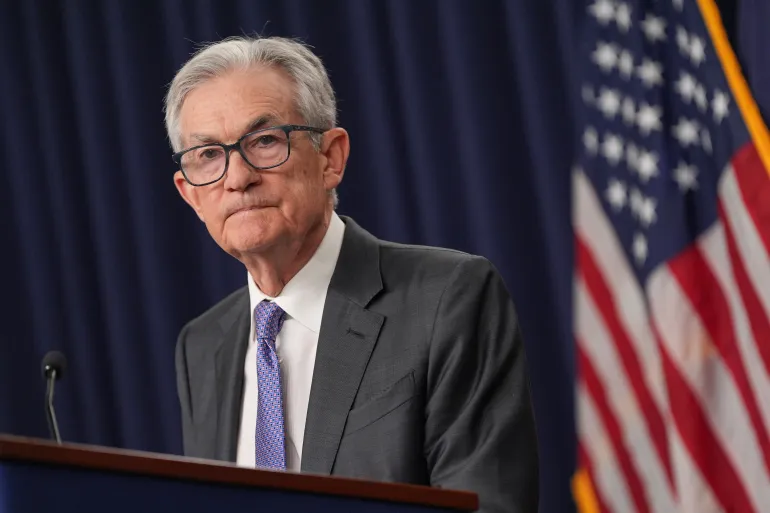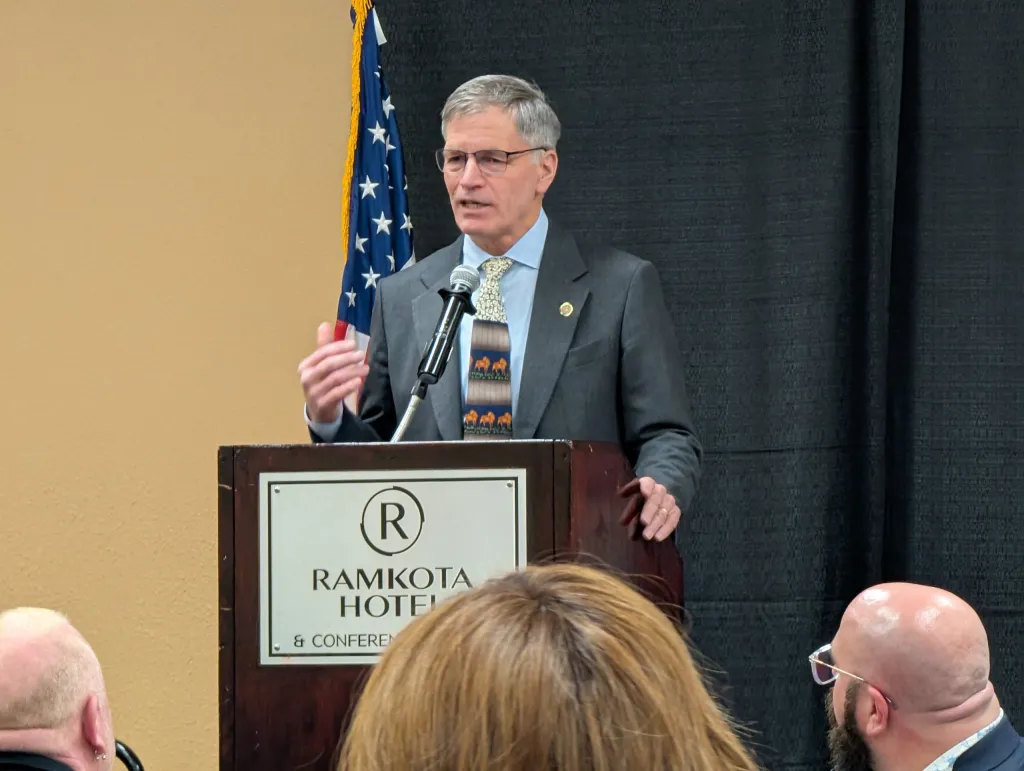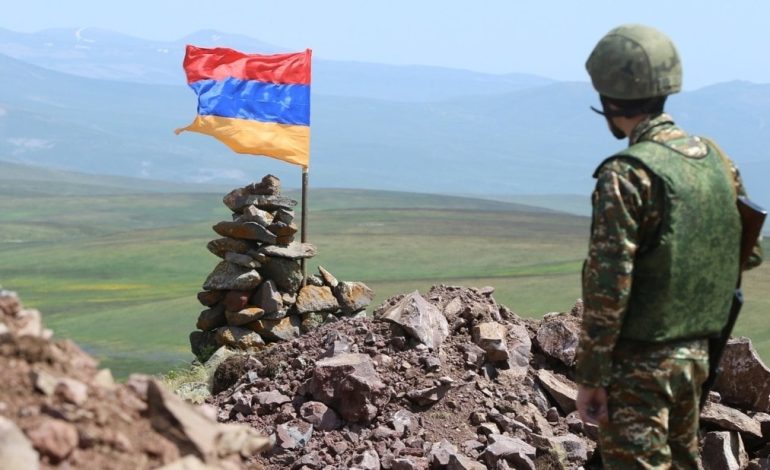When Armenian Prime Minister Nikol Pashinyan celebrates every token gesture from Baku as a breakthrough, it reveals more about his desperation than about any real diplomatic progress. President Ilham Aliyev’s recent announcement lifting restrictions on transit shipments to Armenia, presented in Yerevan as a historic step toward “regional connectivity,” is, in reality, a symbolic concession that leaves the fundamental power imbalance intact.
Aliyev has not opened the Armenia–Azerbaijan border. He has merely allowed limited transit through Azerbaijan to Georgia, a technical adjustment that does little to change the geography of isolation Armenia still faces. It’s a narrow corridor of convenience that Aliyev can shut down at any time. As political economist Grant Mikaelyan rightly points out, this is “a very small step” framed as a major diplomatic milestone.
Meanwhile, Pashinyan is busy selling it as proof that the Washington Declaration, signed in August with Aliyev and Trump, is taking effect. But while he speaks the language of reconciliation, his government’s actions point toward appeasement. His recent decision to cut Armenia’s mandatory military service from two years to 18 months is not a bold reform, it’s a gesture of compliance. Aliyev has long demanded Armenia’s demilitarisation. Now, Yerevan seems to be obliging under the guise of “peacebuilding.”
The problem isn’t dialogue, it’s the terms. The Armenian government is entering this new regional configuration from a position of visible weakness. The ceasefire with Azerbaijan is holding not because of trust, but because Baku has already achieved its military objectives. Pashinyan’s readiness to soften Armenia’s defence posture and accept Aliyev’s conditions on transit only reinforces that imbalance.
Aliyev’s messaging has been consistent: every concession from Baku must yield a political or constitutional concession from Yerevan. Armenia, in contrast, appears to interpret any Azerbaijani “gesture” as a signal of goodwill. This asymmetry — one side extracting leverage, the other searching for symbolic validation, defines Pashinyan’s diplomacy.
And yet, his rhetoric continues to be wrapped in Western-friendly language: “crossroads of peace,” “regional prosperity,” “democratic transformation.” It’s a vocabulary designed for Brussels and Washington, but disconnected from the hard realities on Armenia’s borders. Ethnic Armenians are still banned from entering Azerbaijan, Nagorno-Karabakh’s refugees remain stranded, and no meaningful security guarantees exist.
Georgia, eager to position itself as a neutral mediator, plays along. Prime Minister Irakli Kobakhidze praises the “new momentum for cooperation,” while Pashinyan showcases cross-border initiatives like TRIPP and Crossroads of Peace. The optics are polished, but the substance is thin.
If this is Armenia’s new foreign policy model, it’s one of survival by performance: projecting stability abroad while absorbing pressure at home. Pashinyan’s government, once hailed as democratic and reformist, is increasingly defined by the art of lowering expectations, for sovereignty, security, and even self-respect.
Symbolic transit routes will not reverse Armenia’s regional marginalisation. Nor will cutting military service make the country safer. Until Yerevan rediscovers the strategic discipline to negotiate from strength, every “breakthrough” it celebrates will be a reminder of how far it has retreated.










The latest news in your social feeds
Subscribe to our social media platforms to stay tuned